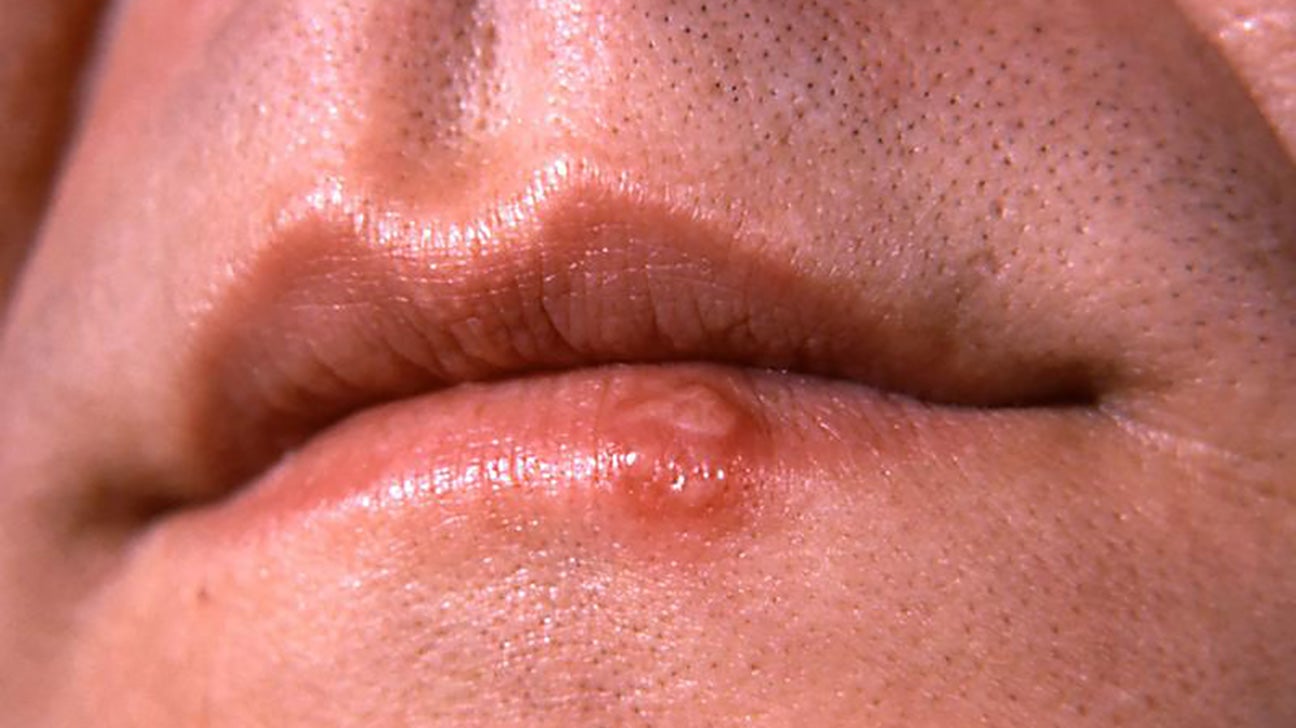HERPES
What is Herpes?
Herpes is an infectious viral disease that is caused by Herpes Simplex Virus.
What are the two types of Herpes?
There are two types of Herpes Simplex virus:
(1) HSV-1
(2) HSV-2.
HSV-1 usually causes oral herpes commonly known as fever blisters or cold sores, but it may appear elsewhere on the skin, but the incidence is less common. HSV-2 most commonly causes genital herpes, very rarely HSV-2 sores may occur in other locations, these sores usually are found below the waist.
According to the World Health Organization (WHO), around 67% of people, globally, have HSV-1 infection, and 11% have an HSV-2 infection.
best hospitals in tanuku
Causes and Risk factors of Herpes:
Herpes simplex virus is spread by direct contact, with body fluids or lesions of an infected individual.
Genital herpes is classified as a sexually transmitted infection. It may be spread to an infant during childbirth.
After infection, the viruses are transported along sensory nerves to the nerve cell bodies, where they reside lifelong. Causes of recurrence may include: decreased immune function, stress, and sunlight exposure.
Some things that can trigger (wake up) the virus are:
- Stress
- Illness
- Fever
- Sun exposure
- Menstrual periods
- Surgery
best hospitals in tanuku
Signs and Symptoms of Herpes:
- Single blister or multiple blisters appear on or around affected areas — usually the mouth, genitals, or rectum. The blisters break, leaving tender and painful sores.
- Tingling, itching, or burning. Before the blisters appear, the skin may tingle, itch, or burn.
- Flu-like symptoms like fever, muscle aches, or swollen lymph nodes (glands) in the neck (in case of oral herpes) or groin (in case of genital herpes), etc. develop.
- Few cases of oral herpes may develop Bell’s Palsy (facial paralysis).
- In severe cases of HSV-1 infection, patients may develop Herpetic Keratitis (damage to the eye).Pathophysiology:
- Herpes is transmitted through direct contact with an active herpes lesion or its fluid of an infected person.
- HSV-2 is typically transmitted through direct skin-to-skin contact with the infected person, although it may transmit through infected saliva, semen, vaginal fluid, or the fluid from herpetic blisters.
- To infect a new individual, HSV travels through tiny breaks in the skin or mucous membranes in the mouth or genital areas.
- Infected people who show no visible symptoms may still transmit viruses through their skin; asymptomatic shedding may represent the most common form of HSV-2 transmission.
- The risk of transmission from mother to baby is highest if the mother becomes infected around the time of delivery.
- In all cases, HSV is never removed from the body totally by the immune system. Following a primary infection, the virus enters the nerves at the site of primary infection, migrates to the cell body of the neuron, and becomes latent in the ganglion. As a result of primary infection, the body produces antibodies to the particular type of HSV involved, preventing a subsequent infection of that type at a different site. In HSV-1-infected individuals, seroconversion after an oral infection prevents additional HSV-1 infections such as whitlow, genital herpes, and herpes of the eye. Prior HSV-1 seroconversion seems to reduce the symptoms of later HSV-2 infection, although HSV-2 can still be contracted.
-
best hospitals in tanuku
Instructions to the patient:
- Avoid direct contact with the infection person.
- Using barrier protection, such as condoms, when having sexual intercourse
- Avoid sexual intercourse while symptoms are present
- Avoid kissing and oral sex when there is a cold sore around the mouth
- Wash hands thoroughly, especially after touching the infected individual or the affected part.
Homeopathic Treatment:
Homeopathic medicines are proven very effective when selected carefully after taking a detailed history of the patient, the symptoms are matched with exact drug picture and then prescribed, such constitutional medicine when given to the patient, brings cure from within and recurrent episodes are also prevented. Below given are a few Homeopathic medicines that are commonly used (Though one should consult a Homeopathic consultant for the desired result.)

